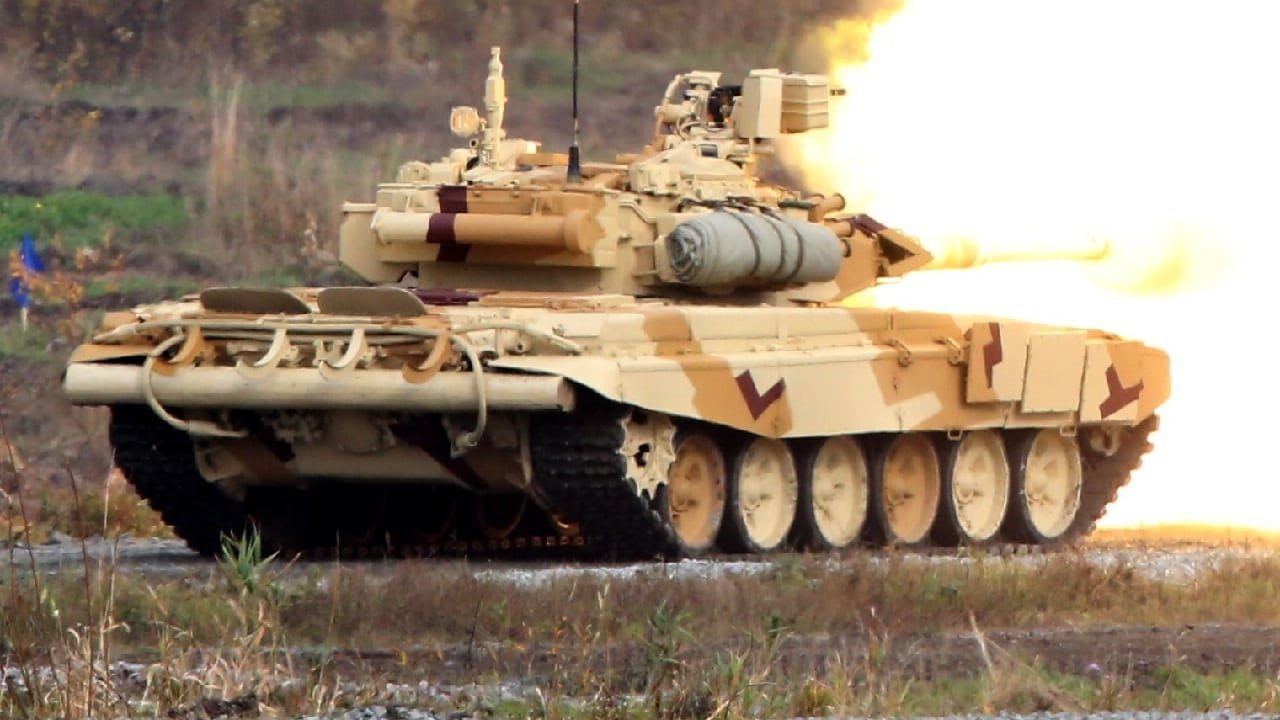The financial war in Europe’s east is not only about Russia and the West. Russia’s invasion of Ukraine had immediate military consequences, but it also created massive financial problems for Kyiv. Even as Ukraine’s armies have won victories on the battlefield, the country is in deep financial peril. This is part four of a five-part series on the financial war for the future of Russia and Ukraine. Here are parts one, two, and three and five.
How Has Ukraine Survived?
Russia’s invasion has inflicted immense economic damage on Ukraine. Kyiv must deal with damage to infrastructure, the costs of mobilization and lost labor, the transfer of refugees internally and externally, and the general costs of fielding military forces against Russia. All of this has greatly stressed Ukraine’s economy, especially its financial system.
Kyiv has financed its defense by printing money, and its efforts are undergirded by international financial support. Even before the war, the Ukrainian state suffered from a weak tax base, with relatively low, non-progressive tax rates. In the first days of the war Ukraine fixed its exchange rate and imposed capital controls, limiting the immediate impact of a financial panic. However, the Ukrainian government was careful to carve out exceptions and limitations to those controls so they would not scare away foreign investors.
Ukraine initially relied on running down its foreign currency reserves, but the inflationary policy of printing more money was probably inevitable. Ukraine froze debt service payments in July, with the general agreement of its creditors. The Ukrainian hryvnia mostly held until July, when it lost about 25% of its value against the dollar. This stemmed from a decision by the National Bank of Ukraine to adjust its currency peg. Ukraine has struggled to pay its soldiers, although the immediate military impact of this is not obvious given conscription and the generally high morale of Ukrainian military forces.
October 2022 saw the messy resignation of the chair of the National Bank of Ukraine, who fled abroad in advance of an apparent corruption investigation. Although the allegations may be legitimate, some figures in the government had criticized the bank for pursuing macroeconomic stability at the expense of the war effort. The chair was replaced by an individual closely associated with President Volodomyr Zelesnkyy’s inner circle, suggesting a tighter connection between the government and the finance sector. The government regards winning the war now as an existential issue. The country’s financial sustainability is a secondary concern.
In the long term, Ukraine is undoubtedly counting on international financial support. However, disbursement of financial aid has lagged, probably because Ukraine’s Western partners are themselves facing economic difficulties caused by the war. Uncertainty about the course of the fighting has also made it difficult for Ukraine to access international financial institutions such as the IMF.
There has been some discussion of using Russian assets seized or frozen abroad as a form of reparations for Ukraine. Such a move would be largely unprecedented, though, and it may be illegal in some countries, the United States in particular.
The Long-Term Outlook
There is no question that financial tools have helped the United States and its allies keep Ukraine’s economy afloat. Relaxation of the terms of Ukraine’s debt, along with straightforward financial grants and the cost-free transfer of military equipment, have allowed Ukraine to continue its defense.
To an extent, these efforts are a high-interest mortgage on Ukraine’s financial future, and Kyiv will need to pay back the debts at some point, in money and in kind. This may create a long-term dependence on Europe. But right now, money is no obstacle to Ukraine’s war effort.
Indeed, in some ways Ukraine is in a fundamentally better position than Russia, if only because Ukraine’s creditors are friendly with Kyiv in a way that Moscow’s creditors are not. If Ukraine survives the war as a sovereign territorial unit, it will have access to Western credit markets, and it will probably continue to receive substantial grants from a number of the wealthiest nations in the world.
Depending on the nature of the war’s settlement, Ukraine may also have access to the markets and regulatory expertise of the European Union.
There is no question that Ukraine faces lean times ahead. Still, it will probably have the opportunity to integrate into a financial structure that will ensure its long-term economic security.
Dr. Robert Farley has taught security and diplomacy courses at the Patterson School since 2005. He received his BS from the University of Oregon in 1997, and his Ph. D. from the University of Washington in 2004. Dr. Farley is the author of Grounded: The Case for Abolishing the United States Air Force (University Press of Kentucky, 2014), the Battleship Book (Wildside, 2016), Patents for Power: Intellectual Property Law and the Diffusion of Military Technology (University of Chicago, 2020), and most recently Waging War with Gold: National Security and the Finance Domain Across the Ages (Lynne Rienner, 2023). He has contributed extensively to a number of journals and magazines, including the National Interest, the Diplomat: APAC, World Politics Review, and the American Prospect. Dr. Farley is also a founder and senior editor of Lawyers, Guns and Money.

